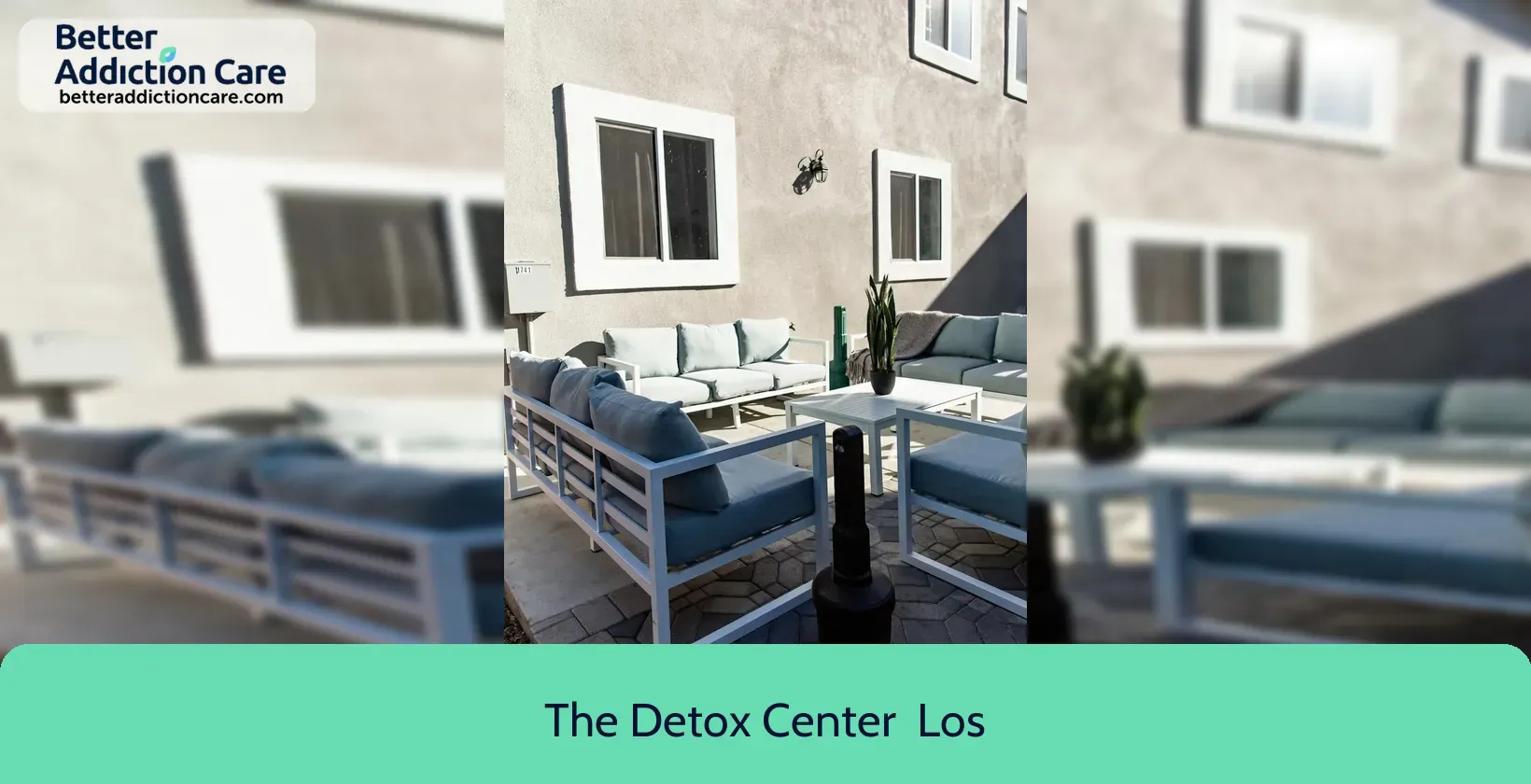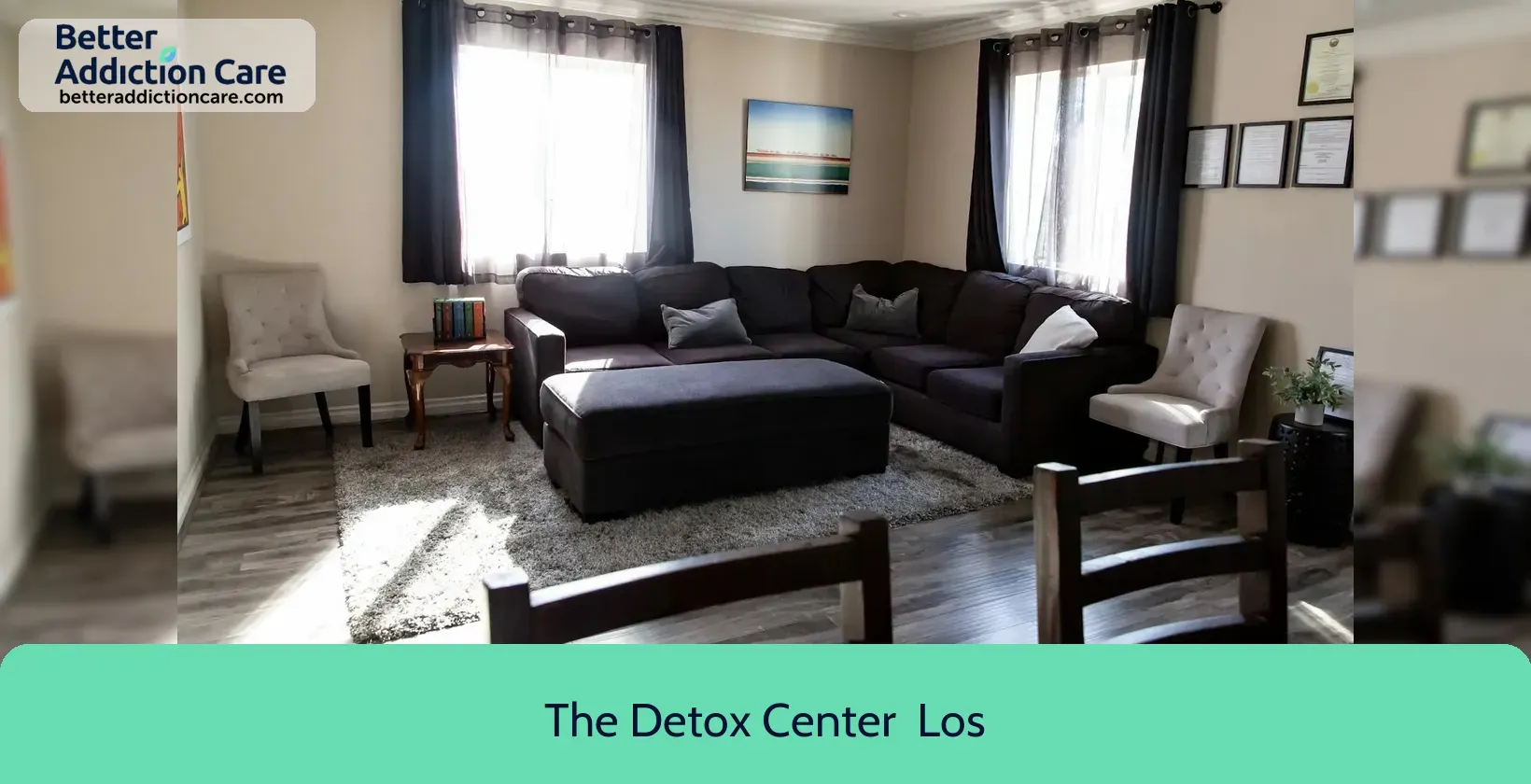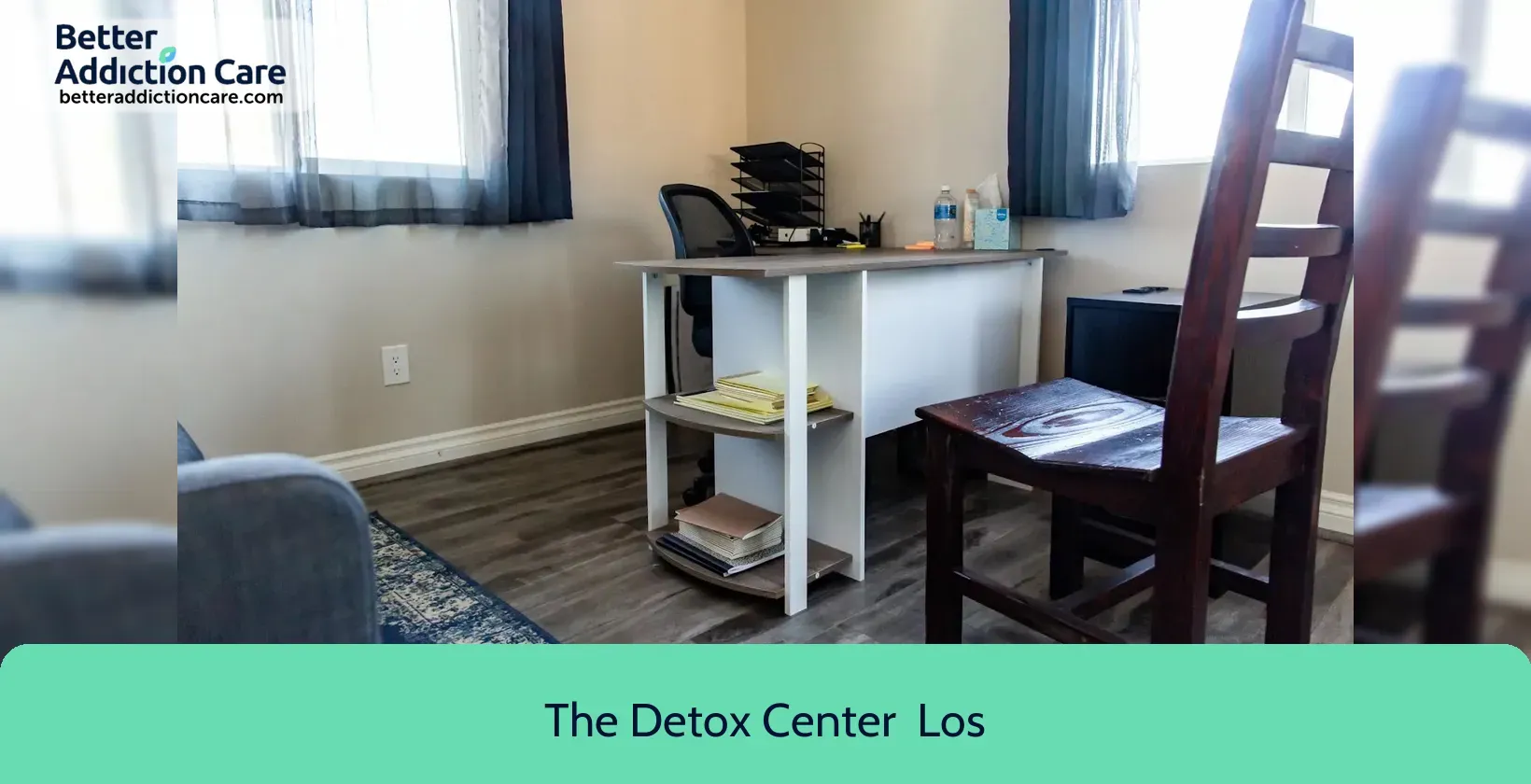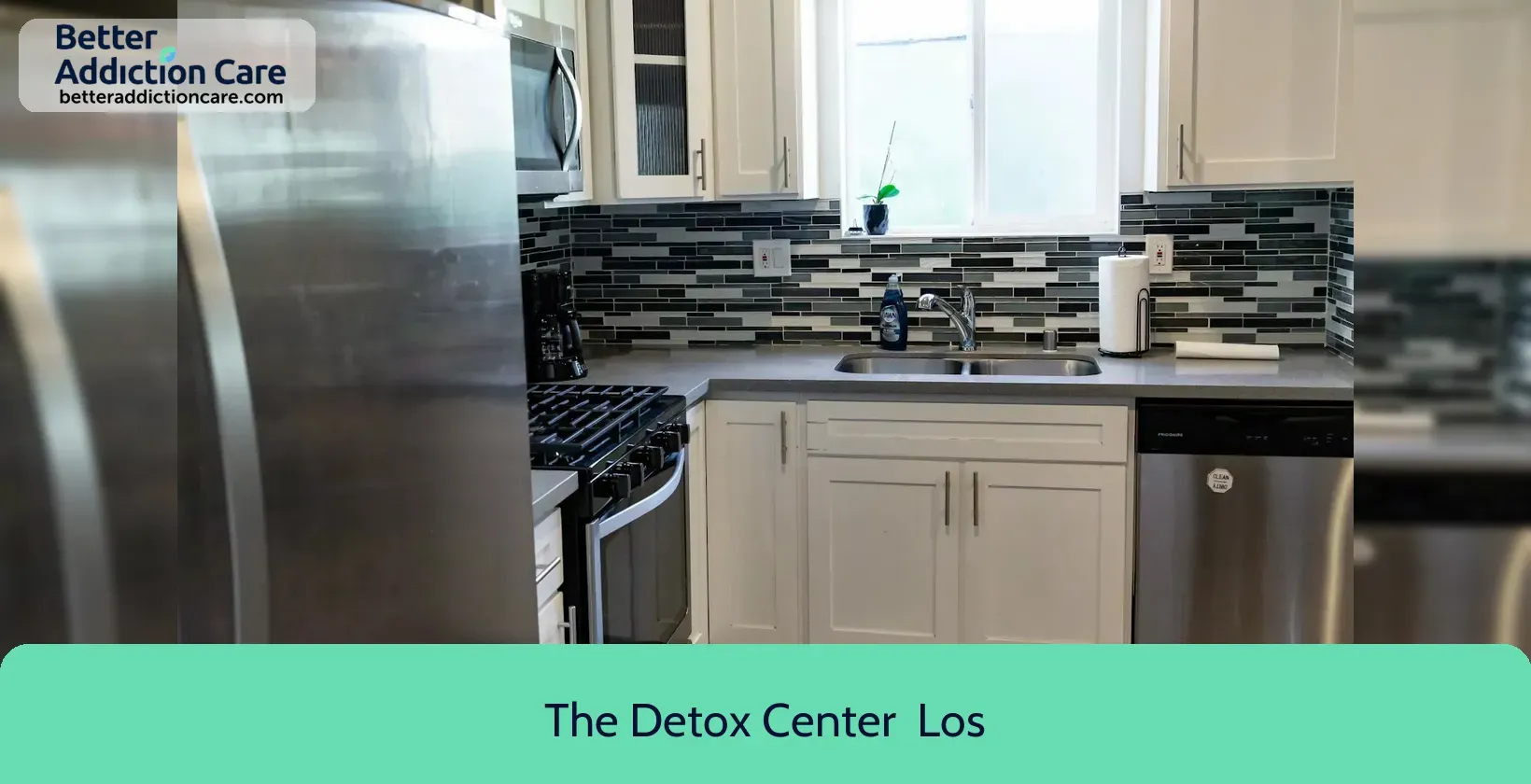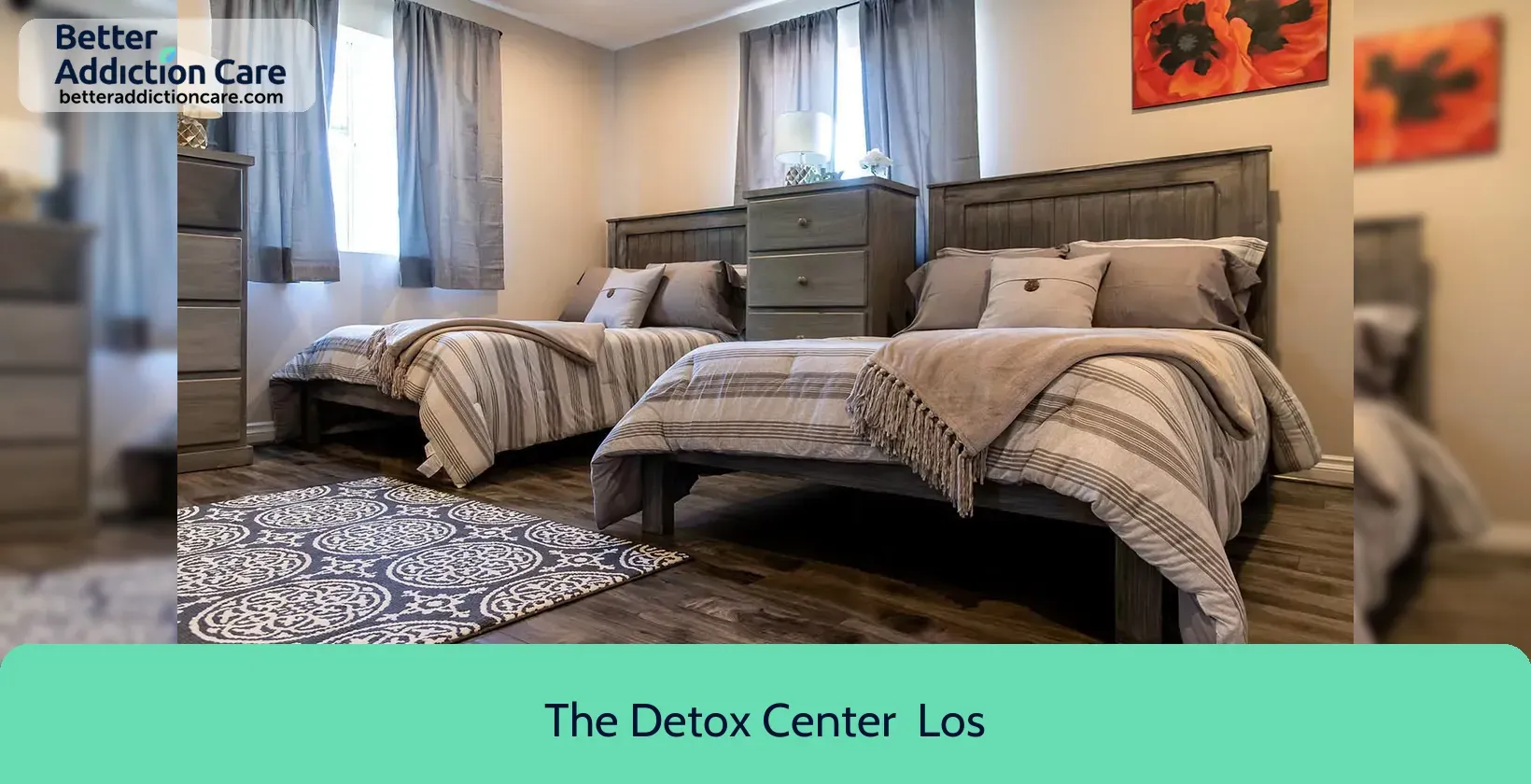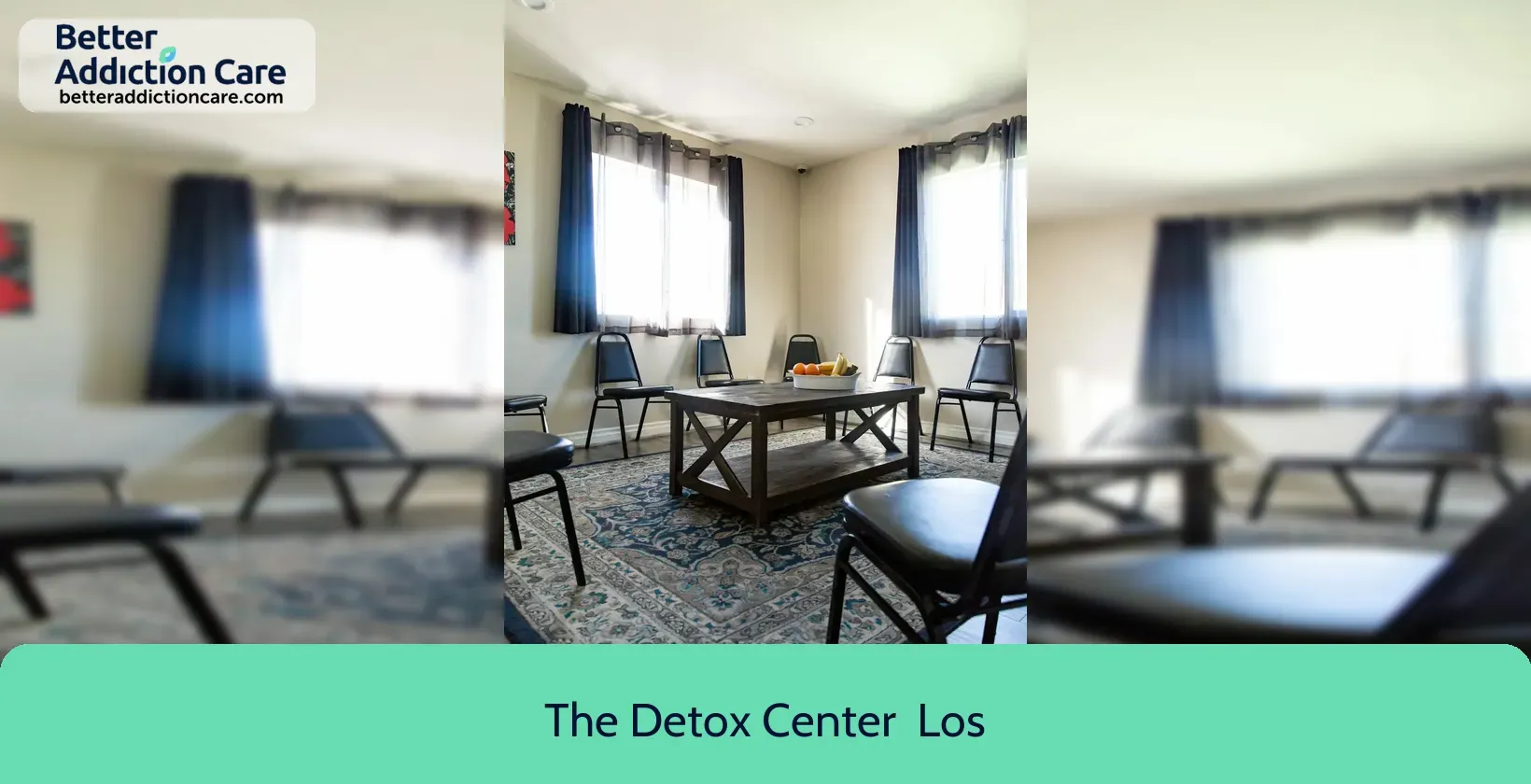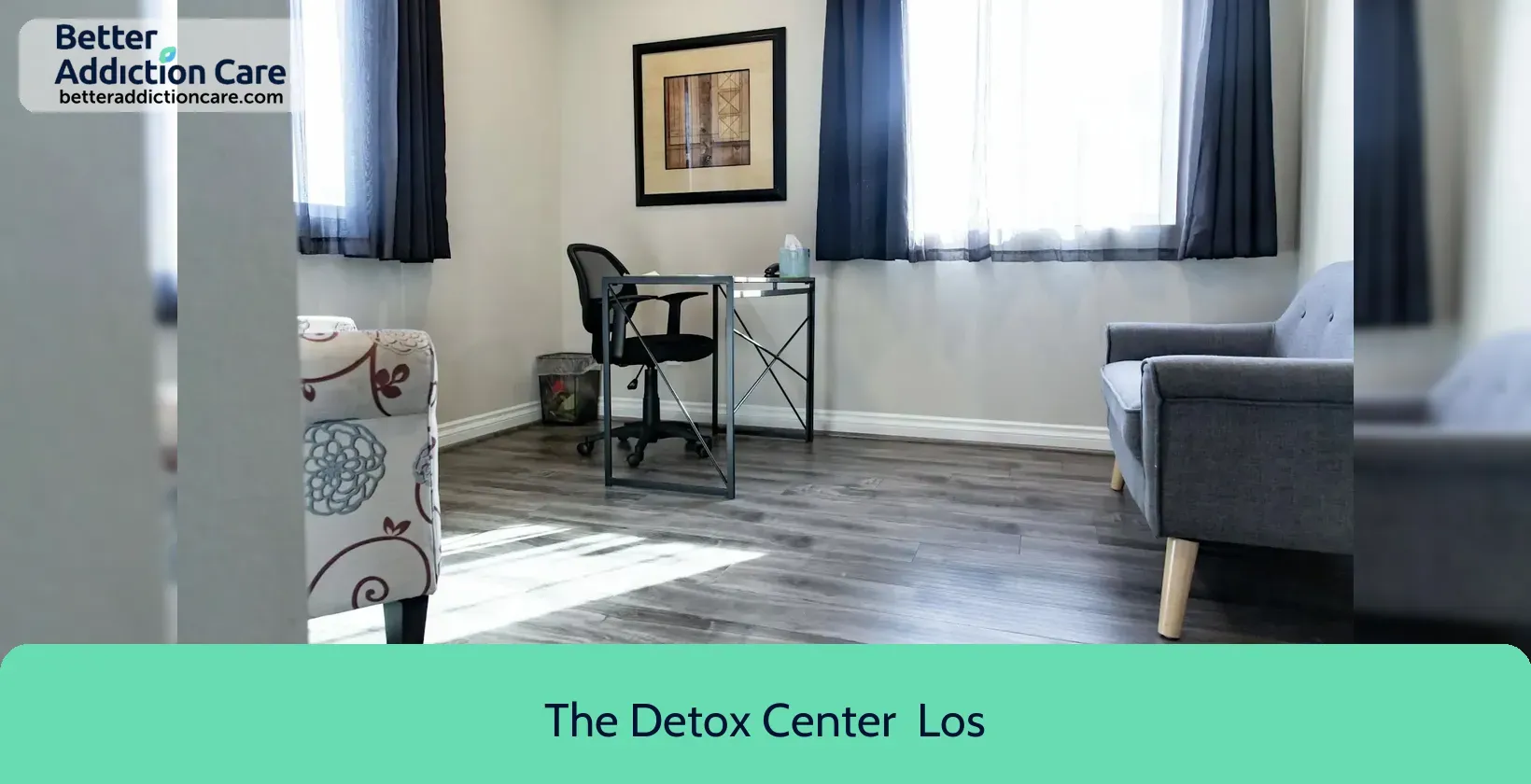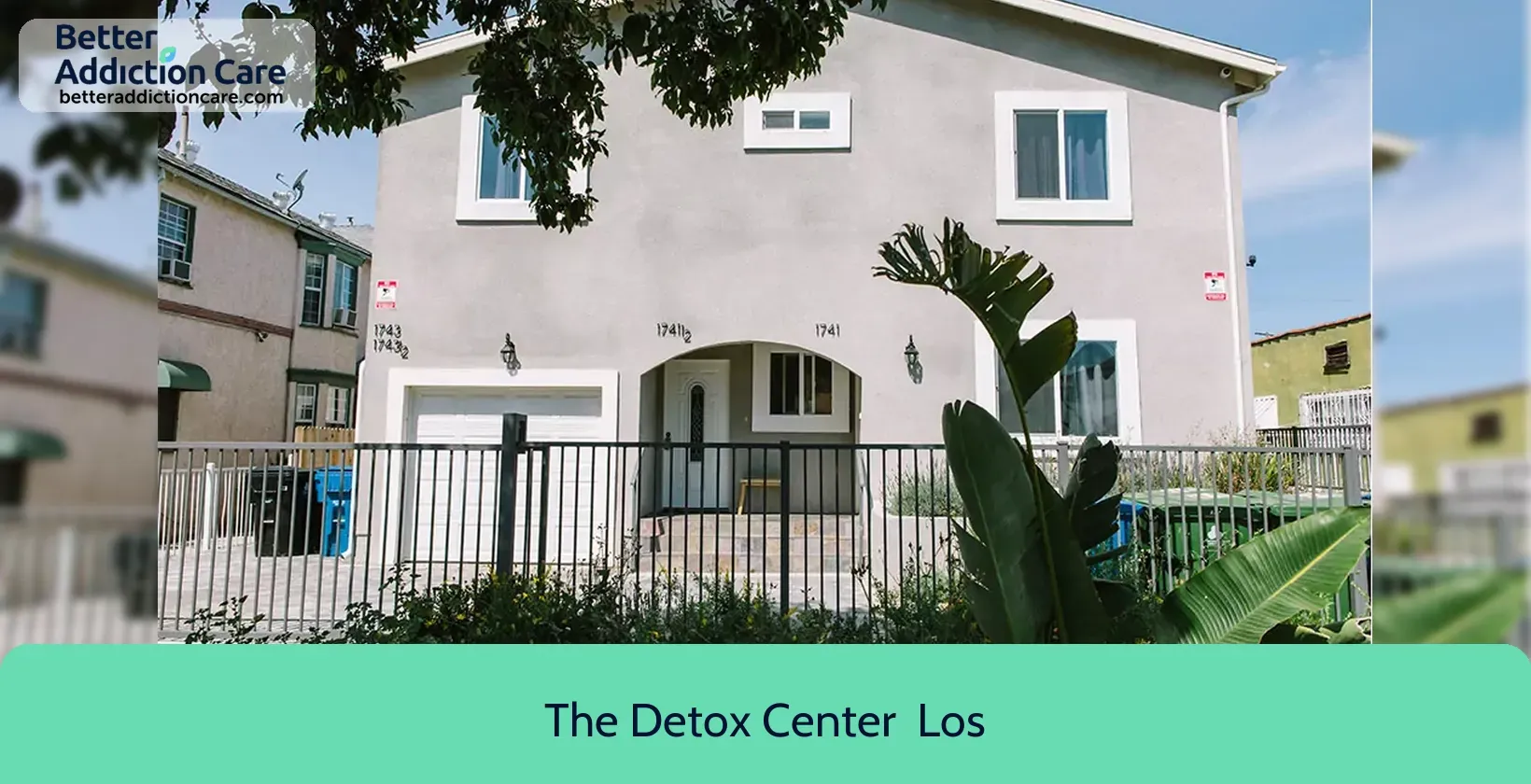The Detox Center - Los Angeles
Overview
The Detox Center, located in Los Angeles, California, is a top-rated rehabilitation facility specializing in the treatment of drug and alcohol addiction, as well as co-occurring mental health disorders. Catering to men and women aged 18 and older, the center provides a comprehensive range of care options tailored to meet the unique needs of each client.
It provides Inpatient Program with 24/7 medical supervision, ensuring that clients receive constant care and support during their stay, an FDA-approved Medication-Assisted Treatment (MAT) detox, an Outpatient Program, Partial Hospitalization Program (PHP) and Intensive Outpatient Program (IOP). These programs are designed to guide clients through the detoxification process and provide ongoing support as they progress in their recovery.
Therapies offered include Cognitive Behavioral Therapy (CBT), Dialectical Behavior Therapy (DBT), Trauma Therapy, and 12-Step Therapy, all of which are crucial for helping clients develop healthy coping mechanisms and address the root causes of their addiction.
The center also provides individual therapy, family therapy, and group therapy, ensuring that clients receive holistic care that involves both personal growth and relationship healing. For those seeking spiritual guidance, religious and spiritual programs are available, alongside holistic therapies designed to promote overall well-being.
The Detox Center is committed to delivering the highest standard of care, as demonstrated by its accreditations from the The Joint Commission.
The Detox Center - Los Angeles at a Glance
Payment Options
- Cash or self-payment
- Private health insurance
- Federal military insurance (e.g. TRICARE)
- Self-pay options
- Aetna
Assessments
- Comprehensive mental health assessment
- Comprehensive substance use assessment
Age Groups
- Adults
- Young adults
- Seniors or older adults
Ancillary Services
- Assisted Outpatient Treatment
- Diet and exercise counseling
- Education services
- Intensive case management
- Mental health services
Highlights About The Detox Center - Los Angeles
7.04/10
With an overall rating of 7.04/10, this facility has following balanced range of services. Alcohol Rehabilitation: 8.00/10, Drug Rehab and Detox: 6.00/10, Insurance and Payments: 7.07/10, Treatment Options: 7.09/10.-
Alcohol Rehabilitation 8.00
-
Treatment Options 7.09
-
Insurance and Payments 7.07
-
Drug Rehab and Detox 6.00
Accreditations
The Joint Commission:

The Joint Commission's addiction and behavioral health accreditation signifies a facility's commitment to high-quality care. It involves rigorous evaluations and assessments of clinical practices, ensuring effective, evidence-based treatment. Accreditation showcases a dedication to continuous improvement and patient safety, instilling trust among patients, families, and healthcare professionals. It's a mark of excellence in addiction and behavioral health care.
SAMHSA:
SAMHSA's Opioid Treatment Programs (OTPs) accreditation is a rigorous recognition process that signifies an OTP's commitment to providing high-quality care for individuals dealing with opioid use disorders. It assures patients, families, and the community that the program adheres to evidence-based practices, employs qualified staff, and maintains a safe treatment environment. This accreditation is a symbol of quality and accountability, offering confidence in the program's ability to support individuals on their path to recovery from opioid addiction.
Treatment At The Detox Center - Los Angeles
Treatment Conditions
- Alcoholism
- Mental health treatment
- Substance use treatment
- Co-occurring Disorders
Care Levels
- Luxury Treatment
- Aftercare
- Outpatient
- Hospital inpatient treatment
- Hospital inpatient/24-hour hospital inpatient
Treatment Modalities
- Cognitive Behavioral Therapy
- Family counseling
- Marital/couples counseling
- Individual psychotherapy
- Group counseling
Ancillary Services
Special Programs
- Clients who have experienced trauma
Get Help Now
Common Questions About The Detox Center - Los Angeles
Contact Information
Other Facilities in Los Angeles
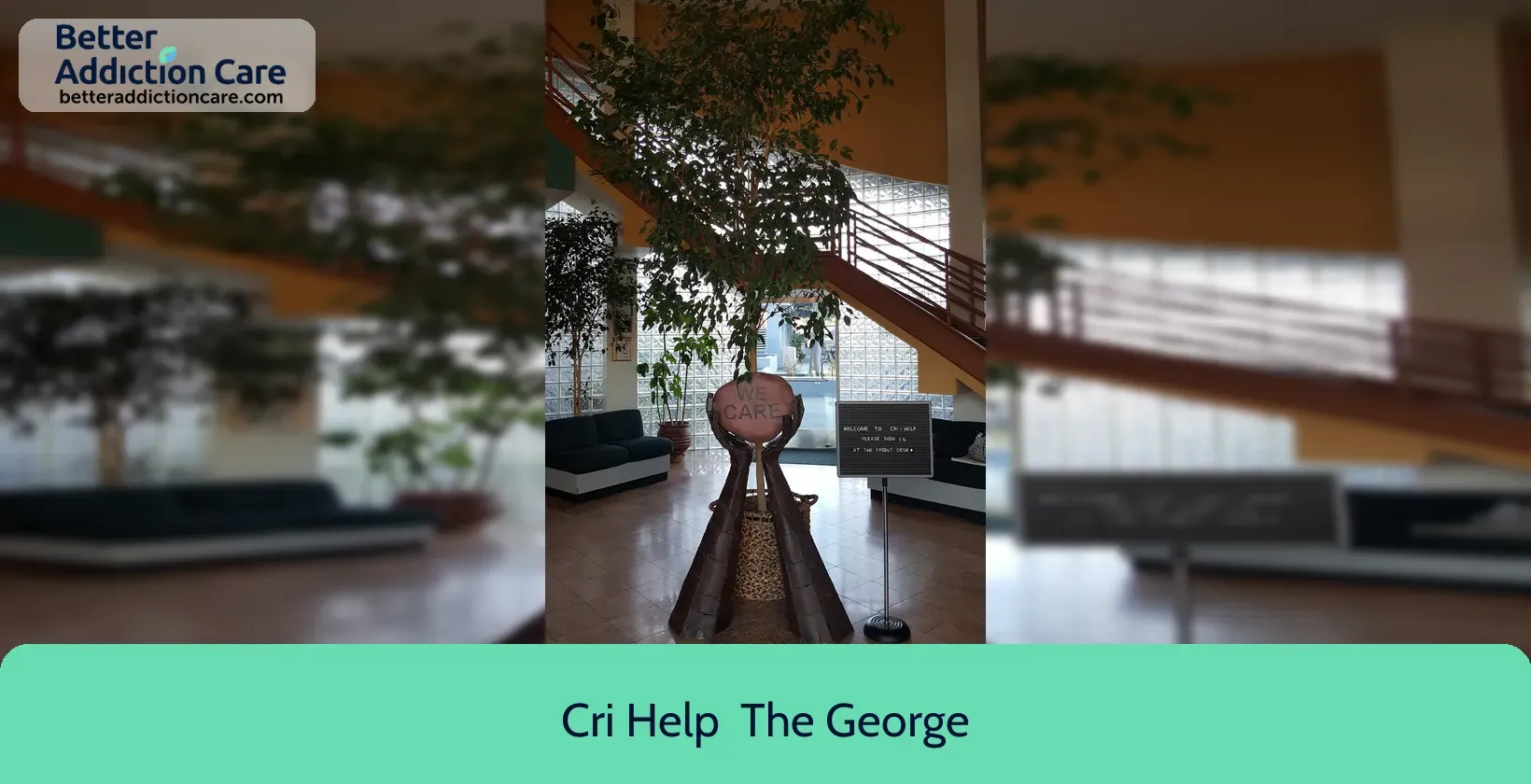
6.95

6.91
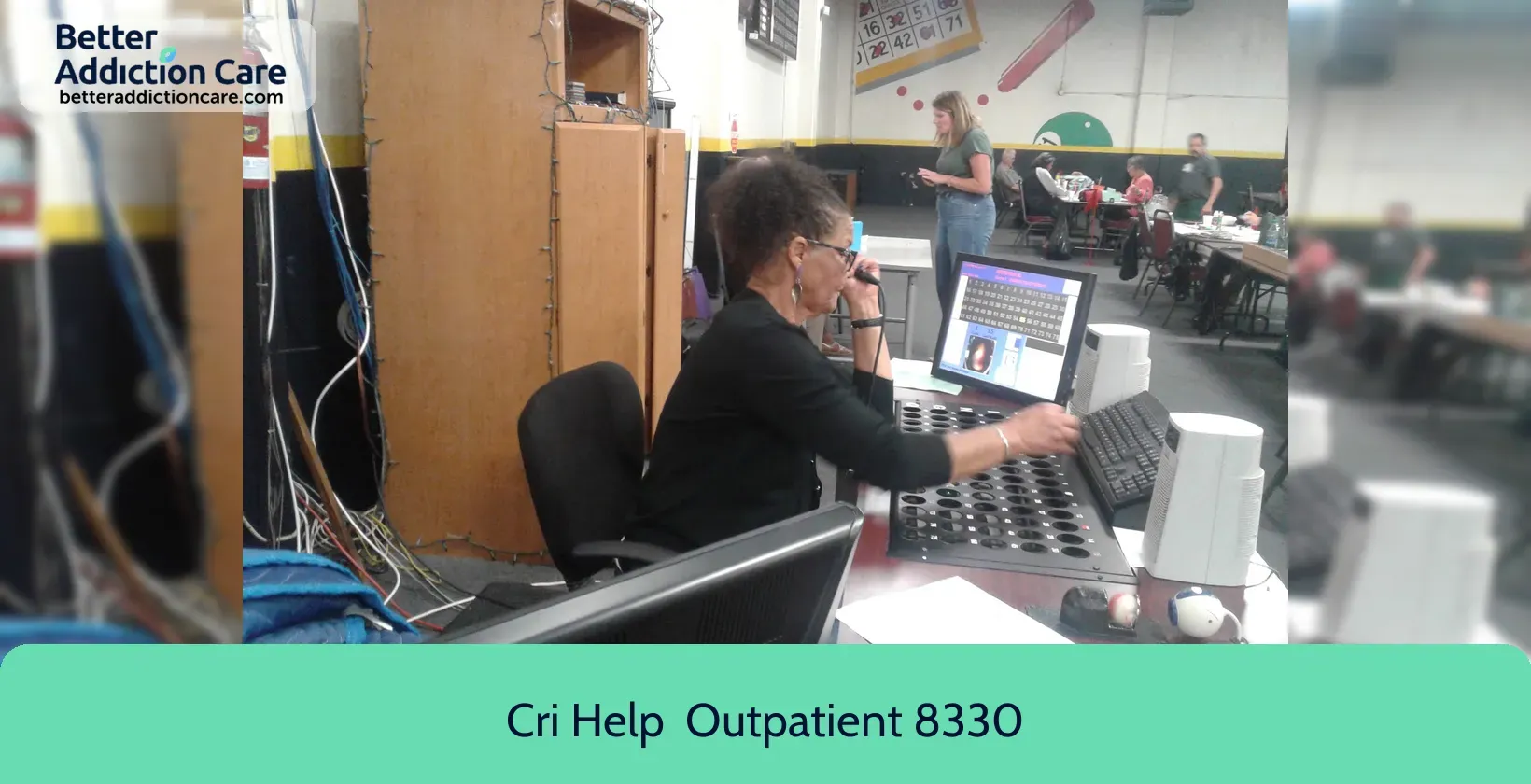
6.85
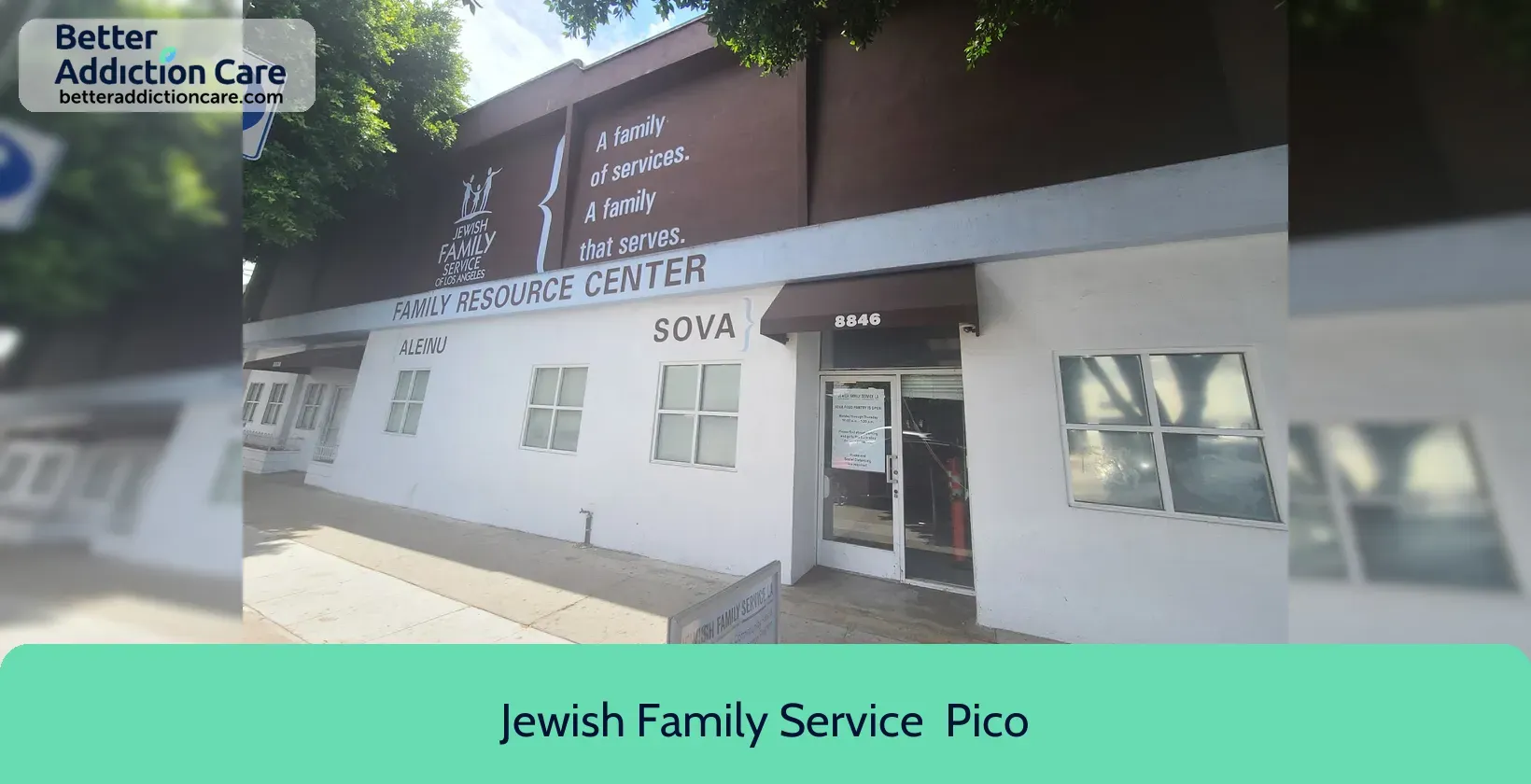
6.94
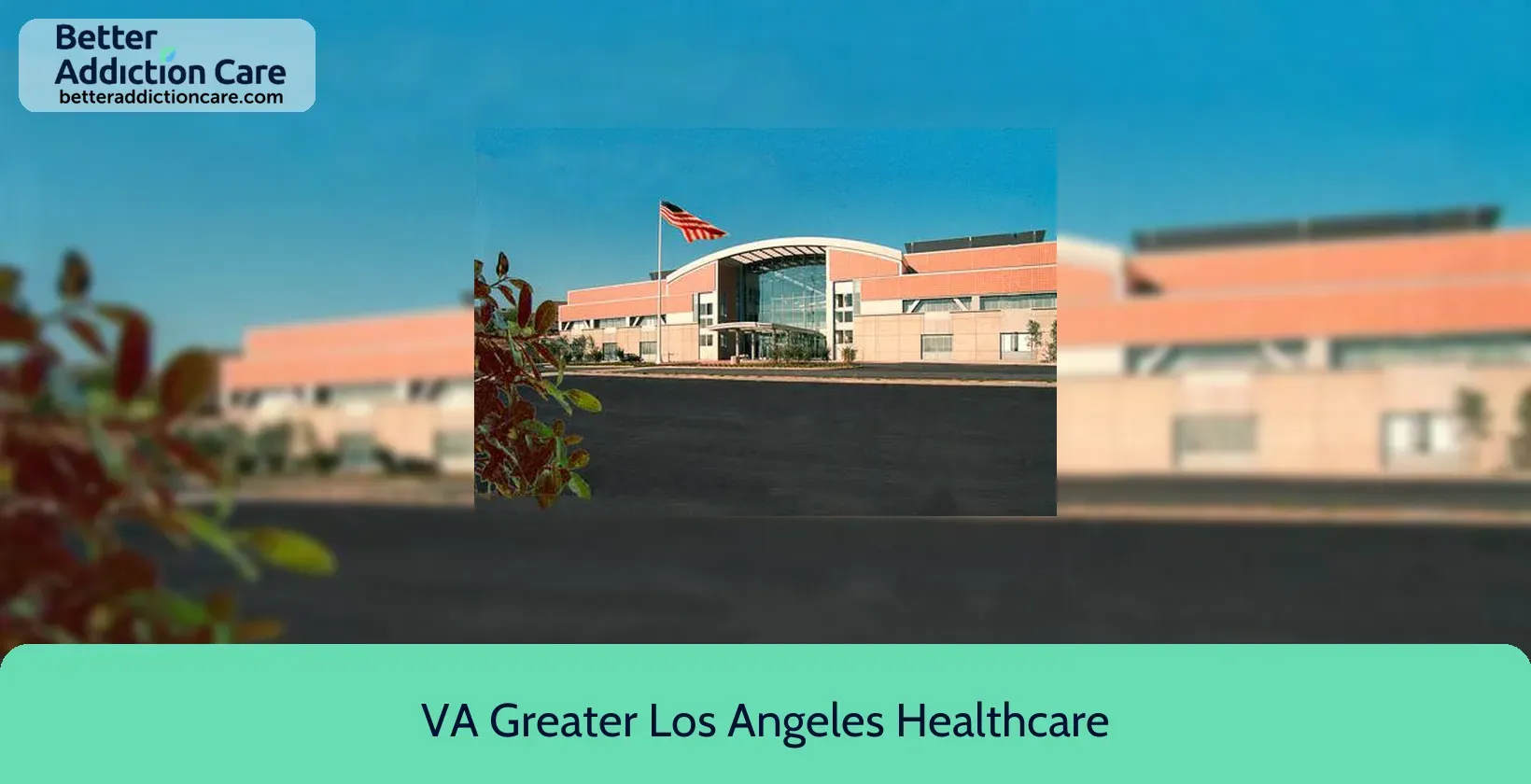
7.34
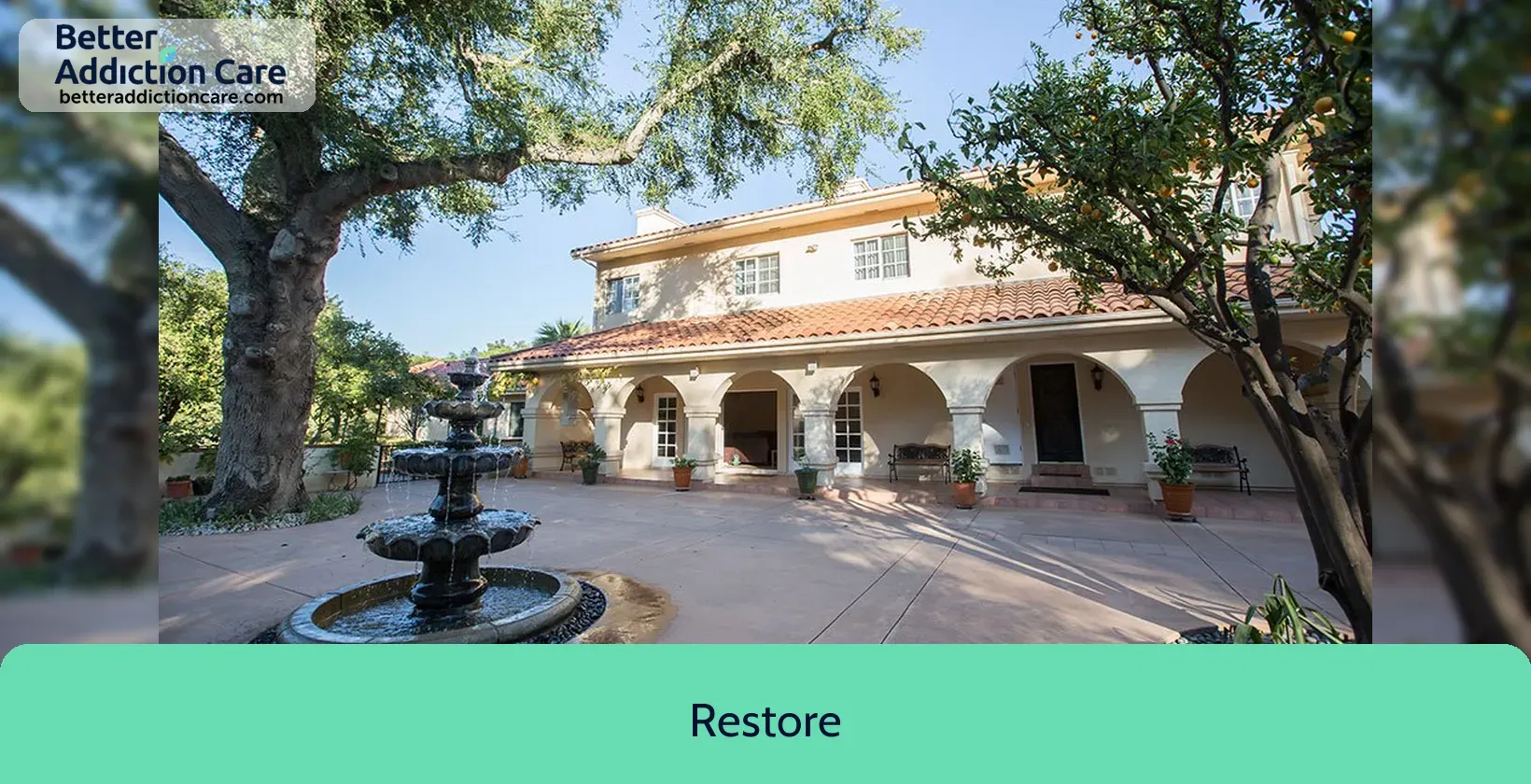
7.09
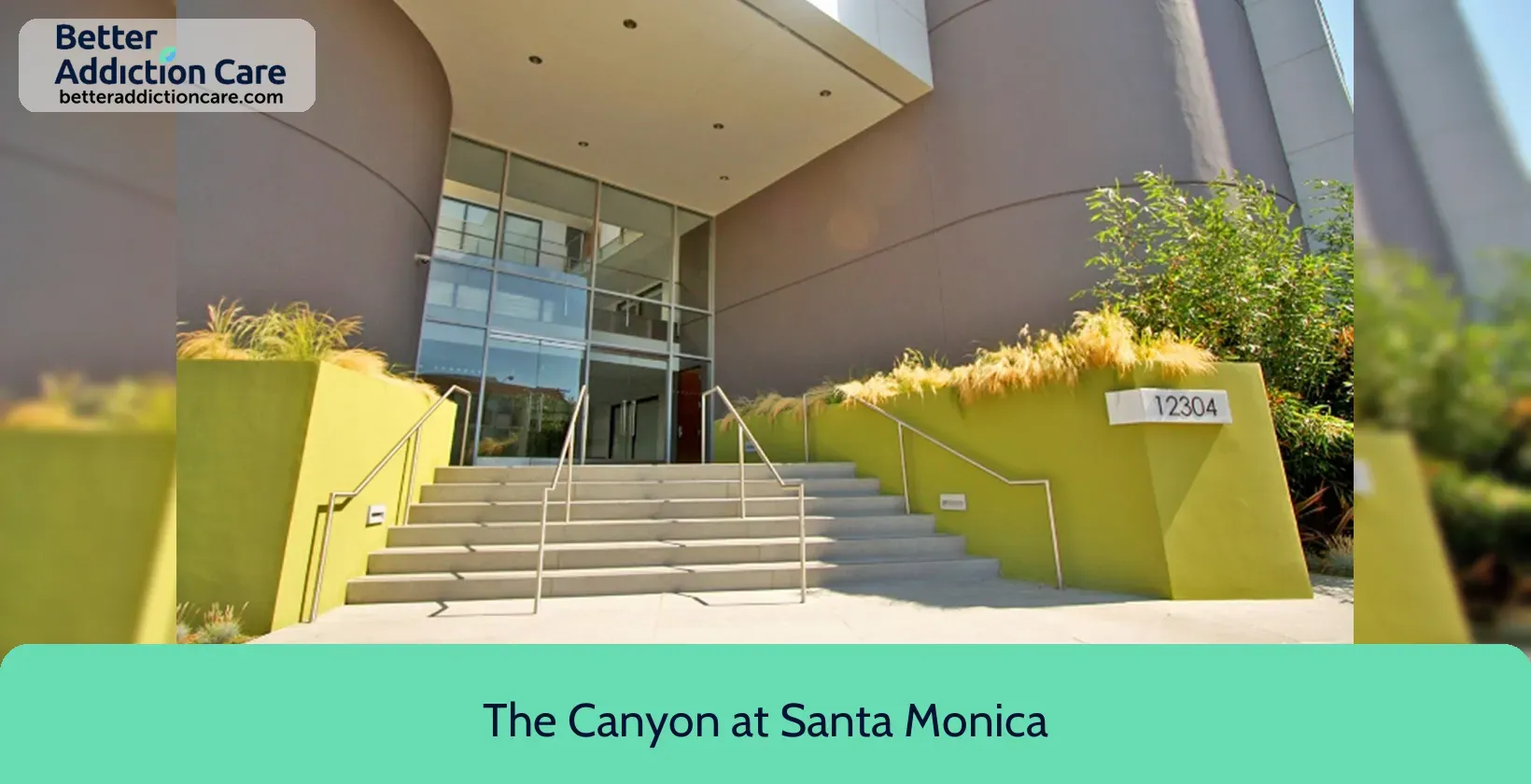
7.17
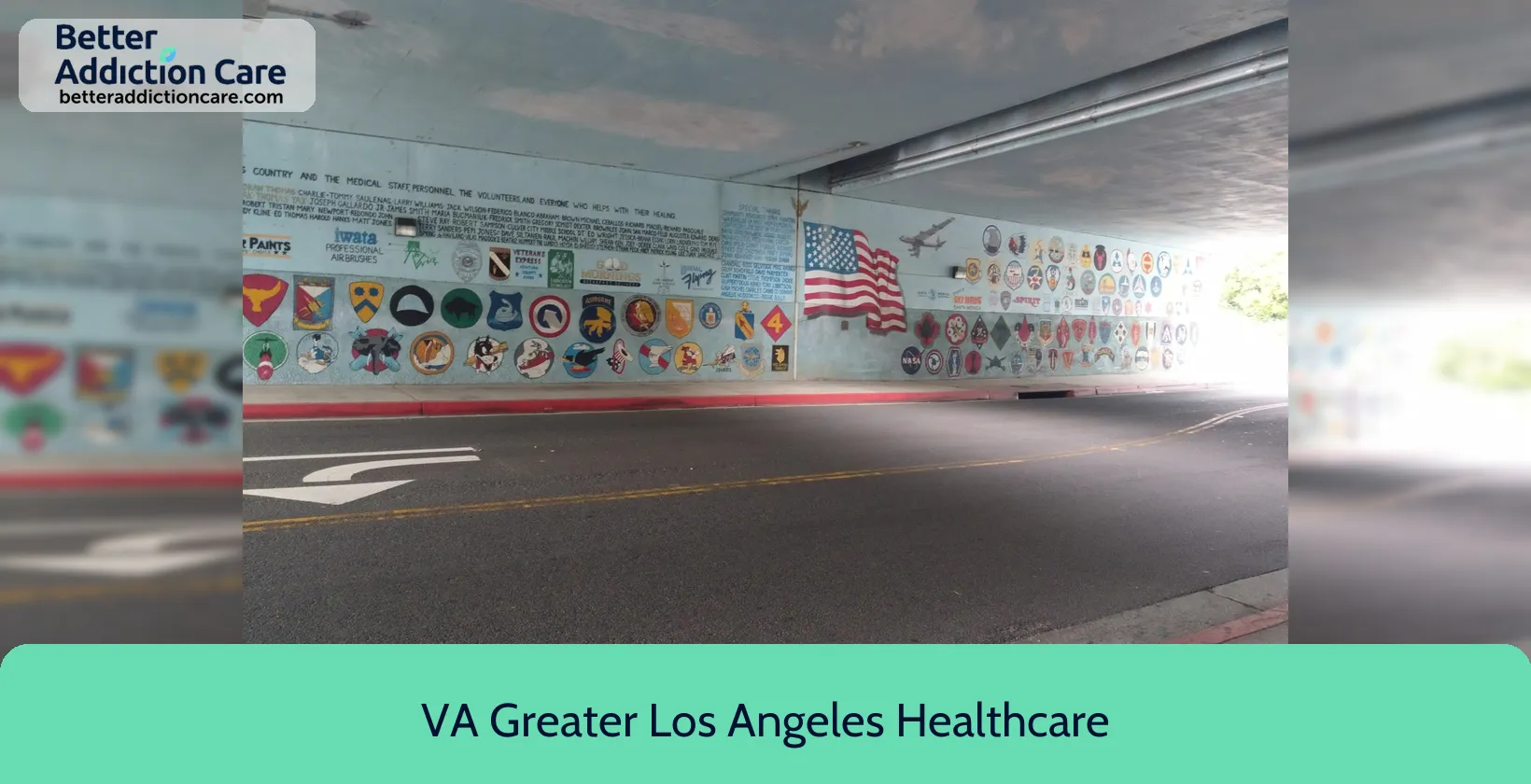
7.34
DISCLAIMER: The facility name, logo and brand are the property and registered trademarks of VA Greater Los Angeles Healthcare System - West Los Angeles VAMC, and are being used for identification and informational purposes only. Use of these names, logos and brands shall not imply endorsement. BetterAddictionCare.com is not affiliated with or sponsored by VA Greater Los Angeles Healthcare System - West Los Angeles VAMC.

